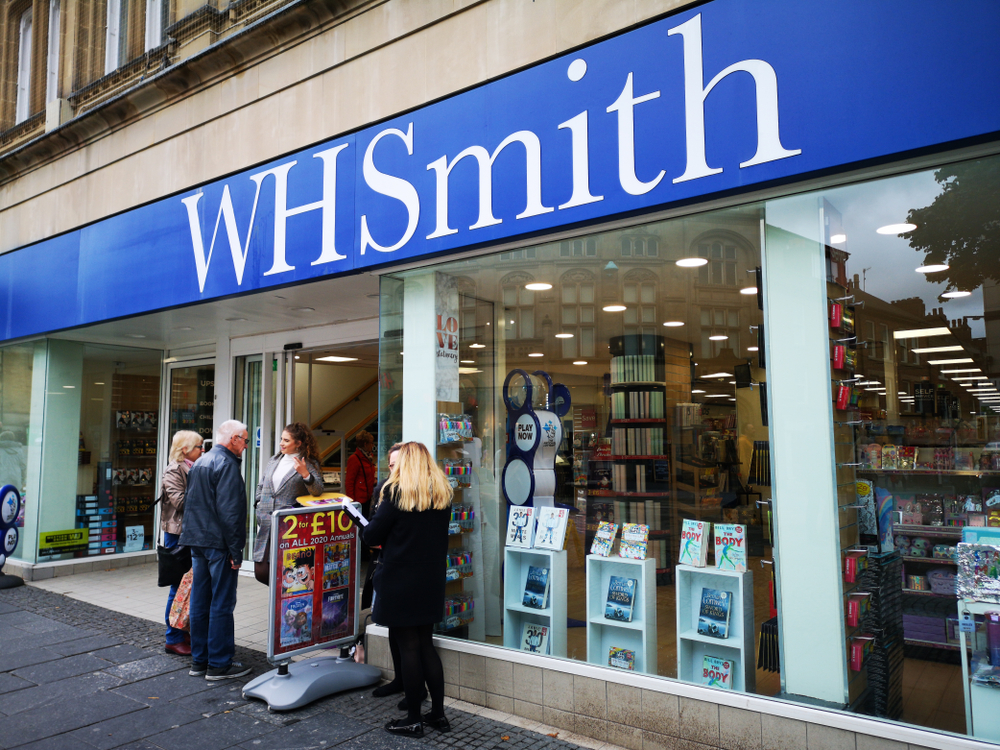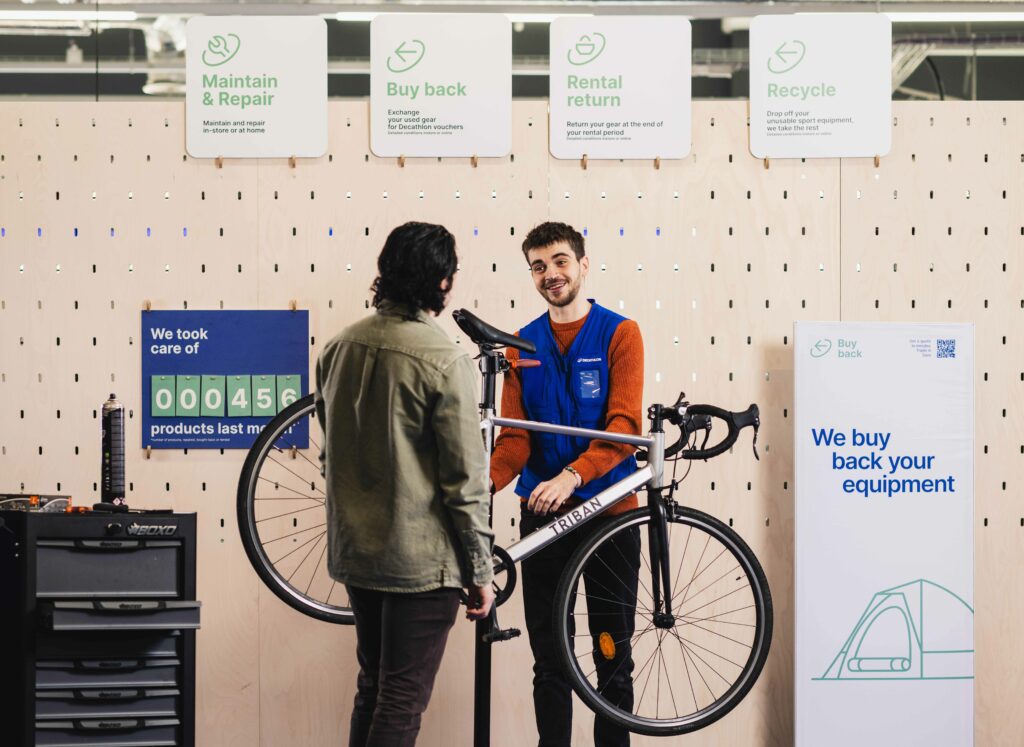With Christmas now behind us, Q1 is a ‘make or break‘ period with 14% more retailers going out of business than at any other time of the year. Angela Needle, Head of Propositions at British Gas Business, looks at how smaller retailers can protect themselves from the post-Christmas lull, setting them up for the year ahead.
This winter will see the strongest retail SME growth since the financial crisis began, according to a new report from the Centre for Economic and Business Research (Cebr), commissioned by British Gas.
The report, The Importance of Winter for SMEs, predicts £24bn in revenues this winter for the UK‘s small retailers, a 4% increase on 2012/13. Overall, SMEs are predicted to achieve more than £400bn of revenue this winter, a 7% increase on last year and up 12% since 2010/11.
However, with Christmas accounting for 25% of annual turnover for smaller retailers, Q1 is, by comparison, a much tougher environment. Reduced takings, bad weather, and a rise in staff sickness are just some of the reasons why some retailers can fail during the first three months of the year.
At a time when profits are at an all-time low, taking control of costs can make all the difference. Our tips show how retailers can help protect their business from an increase in overheads, breakdowns, disruptions and downtime at this time of year, getting them on the front foot for 2014.
Ӣ Monitor and manage Рsmart meters can help retailers better understand the consumption profile of their building and the costs associated with different operations. As energy consumption increases during the winter months, identify where savings can be made to reduce the impact on overheads.
Ӣ Prevent heat loss РInstalling self-adhesive strips around doors and windows will reduce cold draughts. Fit automatic closures on external doors to keep the warm air in and cold air out. Even a simple measure such as putting up signs asking staff and customers to keep external doors closed can make a difference and help save energy.
Ӣ Heating РHeating systems are often pushed to full capacity during the winter so ensure the system has had an annual service to avoid disruptive breakdowns. Servicing boilers annually also guarantee optimum efficiency, helping to heat premises effectively using less energy.
Ӣ Frozen pipes Рexternal pipes and condensing boilers are prone to freeze-ups during the colder months which can cause the heating system to shut down and even cause damage. Unplanned disruptions are not only a nightmare in terms of wasted time, but can mean retailers having to close their doors and being unable to fulfil orders. Fit lagging to any pipes in unheated areas and, if freeze-ups still occur, look at options for relocating pipes indoors.
Ӣ Emergency light testing РIt is important to regularly check and change your emergency lights, and even more so during the winter. This is because the shorter days and dim weather mean that, if there is a power cut, staff are more likely to be plunged into darkness and are unable to rely on natural light to guide them safely out of the building.
Ӣ Preserve your lighting systems РYour lighting systems will be running for longer each day during the dreary winter months. All light bulbs, whether incandescent or LED, have a lifespan and so using them redundantly will mean you are replacing them more frequently than necessary. Encourage staff to switch lights off when they leave a room through and invest in time switches and daylight sensors.
Severe weather can compound this pressure on retailers, disrupting supply chains and depressing high street footfall. Cebr forecast that a repeat of extreme weather seen in 2010 would cost the economy more than £1.9bn this winter and wipe 0.5% off UK economic growth.
RELATED STORIES

















